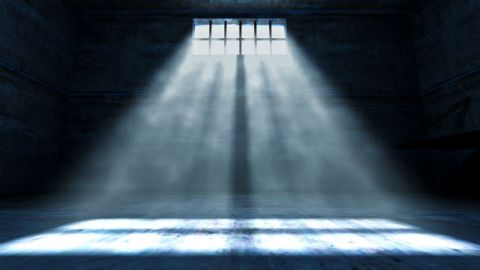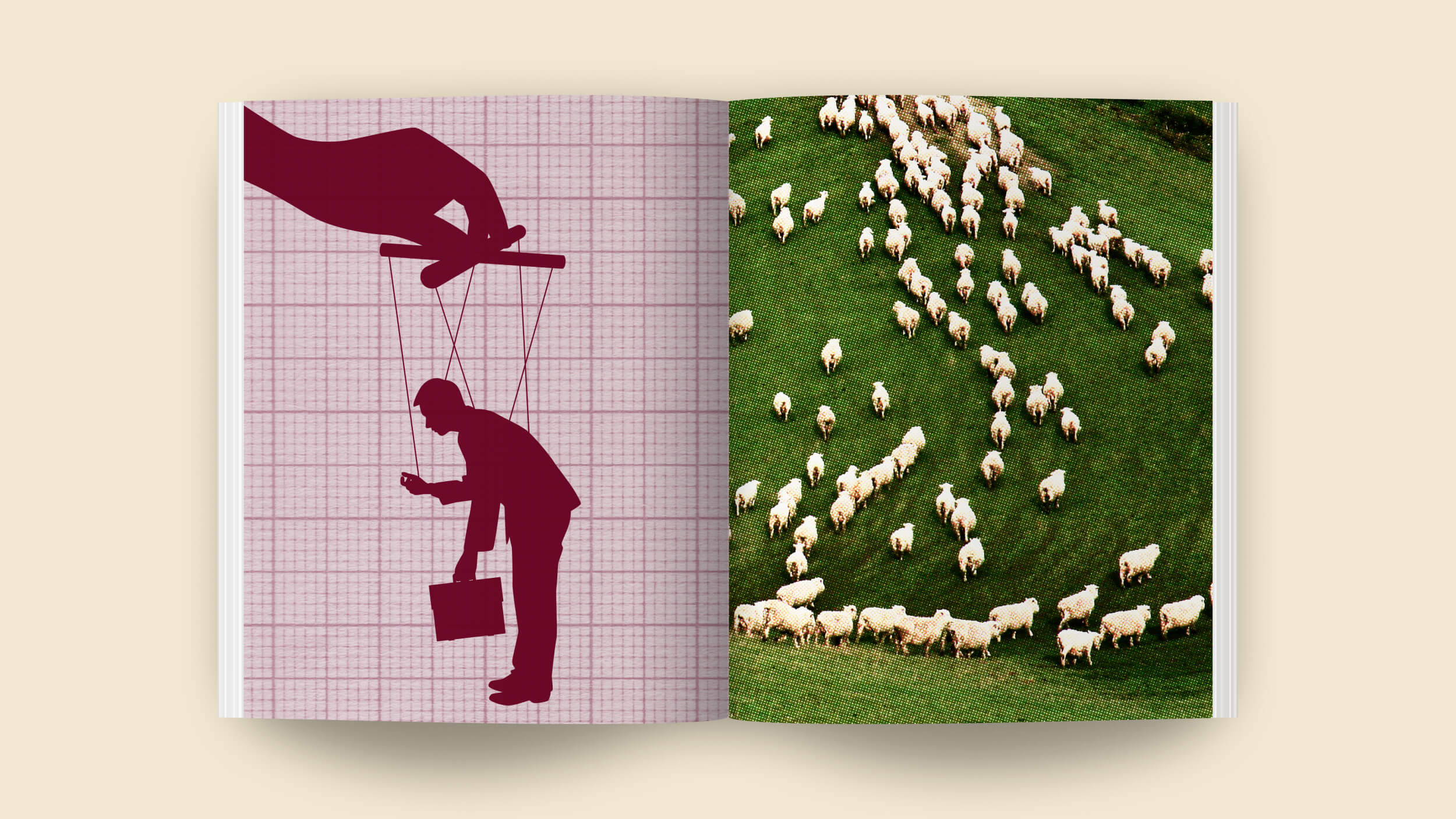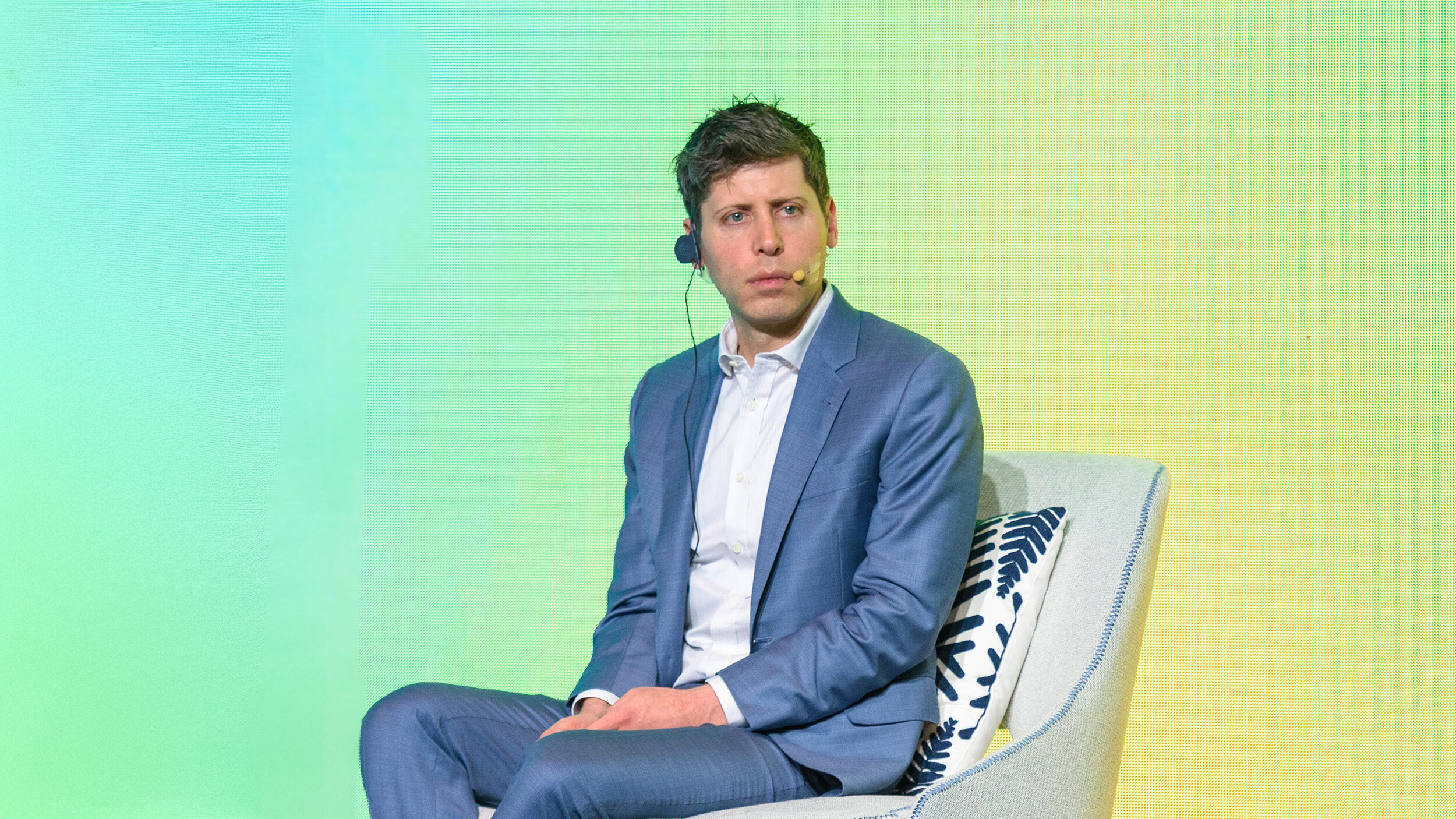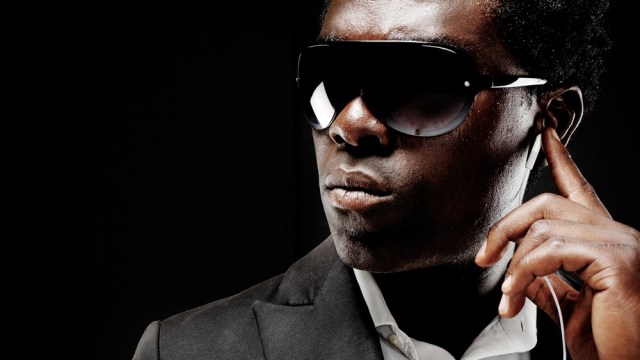Exploring the Religious Prisoner’s Dilemma

In an interview this week on Specific Gravity, Jeff Schechtman and his guest, Joshua Dubler, author of Down in the Chapel: Religious Life in an American Prison, explore the state of religious experience for the incarcerated. They frame the discussion by noting the rather worrying fact that America has around 5% of the world’s population, yet 25% of its prisoners.
It is, Schechtman and Dubler agree, a very American story; Americans have historically had “a propensity to punish” and “a propensity to experience god in a very personal way.” So their starting off point is this: America is a country with an extremely high regard for religion, which regard is matched only by her enthusiasm for mass incarceration.
What, then, of the intersection between the two things, religion in prison?
Dubler’s research, which takes place in one maximum security prison in Philadelphia, reveals several startling and counter-intuitive aspects to this strange variety of religious experience.
Regarding the general perception of religious prisoners, Dubler theorizes a typology of the way that religion in prison is viewed by cynics, which he terms the Bad Man View and the Poor Man View.
The Bad Man View is the dominant one. It holds that religion is about what is in one’s heart of hearts, and thinks of prisoners as defined by what they have done. In many of the cases considered in Dubler’s book, what they have done is homicide. So, the Bad Man View is suspicious of whether the prisoners can ever really be properly religious people.
The Poor Man View holds that the prisoners are, more than anything else, victims of their circumstances. It thinks that religion is for people who don’t have anything else, which lifetime prisoners emphatically do not. On this view, the religious prisoner is an object of pity.
The primary thing that needs to be noted about religon in an American prison is just how much religion there is in an American prison. In the prison that Dubler studies, 12 different formal religious organizations operate, holding a total of 55 services per week. Now, it isn’t all that shocking to hear this, given the trope of religious activity in prison movies, books, and shows (consider: Les Mis, The Green Mile, The Longest Yard, The Shawshank Redemption, etc.). But, wouldn’t it come as a surprise to a naive observer of our society that the place that it keeps the supposed criminal class of immoralists, amoralists, and undesirables is full of fervent believers in formalized ethical codes.
Dubler offers a number of potential explanations for this phenomenon, each thoughtful and plausible.
One explanation is that, in a certain way, prisoners are just using religion to pass the time with what is available (remember the 55 services per week number from above). Indeed, this cynicism is a pervasive feature of thinking about religious prisoners both in an out of the prison system; Dubler notes that there is a suspicion, both of the prisoners and between them, that others are, in some sense, faking it.
But the more favorable theory, to listeners of the interview and to Dubler, is summed up when he notes that “prison is a place where you really need to know who you are.”
In prison, he says, there is only enough room to commit to one particular truth, to be about one thing. In many, many cases, that one thing is a devotion to Jesus Christ, or to the revelations of Islam. It is this singularity of purpose that drives the zeal and breadth with which religion is pursued in American prison.
The effect of this is highlighted in the interview when Schechtman asks Dubler about the difference between religious prisoners across generations. We are told that the older ones have a more singular, more fervent passion for their religions. But, Dubler says, the kind of certitude that the older prisoners are trying to sell to the younger men is seen by those younger men as evidence that the older ones have been, in a way, destroyed by the experience of incarceration.
Against that view, the most religious prisoners claim that, in the most real sense, they are more free than non-prisoners, because they have purpose.
You can listen to the interview below, and decide for yourself which understanding of the experience of religion in American prison seems more likely:





